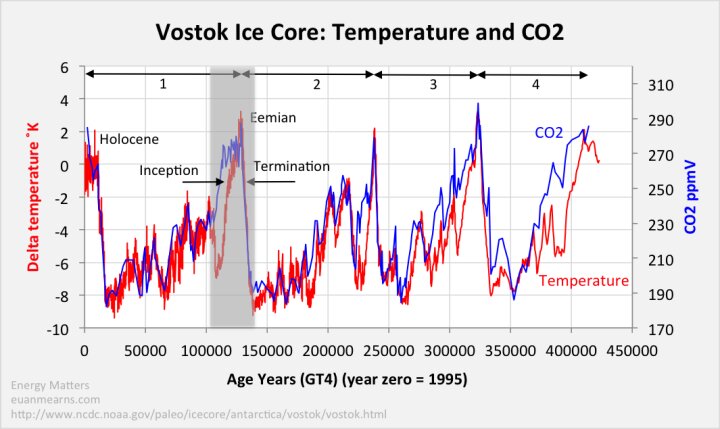If Britain hadn't some other country would have done, probably Germany, possibly France once settled fully from her Revolution.
Remember though you - and me, and the rest of us - are enjoying the fruits of it. No electricity? No lighting... no Internet either. No iron and steel? No way to make electricity and electrical equipment; nor to bring us clean water and other essentials.
Using iron is nothing new. The "Iron Age" started, somewhere, a couple of thousand years or so ago; the Bronze Age earlier still.
It is vital to remember that steel - a wide range of iron alloys, needing vast amounts of energy to produce - is essential to virtually everything we do, use or own; directly or indirectly.
In a sense we are still living in the Iron Age. (Copper is vital for electricity, and its alloys including the bronzes are still very important engineering materials; all still involve iron and steel in working them.)
There is a saying: "There is no such thing as a free lunch", and the hazard posed by artificially raising the atmosphere's carbon-dioxide (not "carbon") proportion was first proposed at least 100 years ago when coal was the primary fuel for almost all manufacturing, transport and domestic heating.
That was ignored because the danger point was seen as so far into the future (late 21C I think) that it was hard to comprehend, plus there was arising around the world a touching idea of "taming Nature" and solving all problems by throwing enough science and engineering at it.
It is absurd to blame any one country.
Practically all countries latched onto these developments very rapidly, not least to try to replace very primitive living conditions; but our modern "Western" style society is undeniably very profligate. You mention flying: certainly a lot that is luxury not necessity. Another vast waste is represented by digital currencies like "Bitcoin": the servers dedicated to that peculiar trade alone are vast, eating gigantic amounts of electricity.
Besides, when the Industrial Revolution started in the 18C, no-one could genuinely predict its long-term effects.
There also seems a myth that life prior to the Industrial Revolution was some sort of bucolic Man/Nature harmony - if you ignore that most people lived in rather wretched conditions not much better in the "stately homes".
Man started changing the environment more or less since the end of the last glacial maximum of the present Ice Age; 8000 - 10 000 years ago. "All" that's happened is that the rates and types of change have accelerated vastly over the last two or three centuries.























